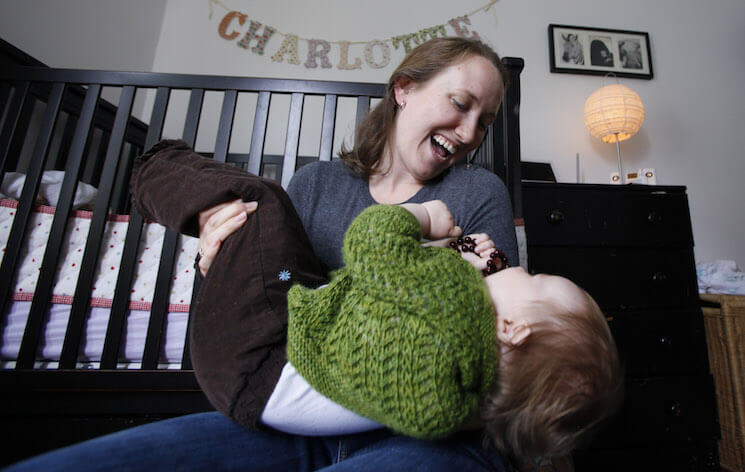Protecting against risk can help boost U.S. entrepreneurship

Entrepreneurship is a risky endeavor and one that not many people embrace. In an era of declining start-up rates, economists and analysts are thinking about what might spur more people to start their own companies. As Equitable Growth’s Elisabeth Jacobs argues, there are a number of ways that inequality interacts with decisions related to entrepreneurship and innovation. One of the key factors is risk aversion. Simply put, many Americans may be less willing to take risks and therefore are less likely to start new businesses. Perhaps if the cost of failure were reduced then more businesses would be started.
There’s some evidence that public policies can help boost start-up rates by capping the pain of new businesses that fail. A reform to the French unemployment insurance system, for example, allowed workers to remain eligible for benefits if they started a business. One study found that the reform allowed more entrepreneurs to take a gamble and start their own companies. A series of papers by Harvard Business School economist Gareth Olds argues that access to social insurance programs such as the Supplemental Nutrition Assistance Program (more commonly referred to as food stamps) can increase the number of new businesses.
A new paper released this week offers further evidence for this view. The new National Bureau of Economic Research working paper is by economists Joshua D. Gottlieb of the University of British Columbia, Richard Townsend of the University of California-San Diego, and Ting Xu, also of the University of British Columbia. The three economists look at the effect of a maternity-leave reform in Canada enacted during 2000. The reform guaranteed that women can return to their jobs after a year of maternity leave. The economists hypothesize that a year leave with the guarantee of a job at the end would induce some women into taking a chance on starting a new business.
Using a discontinuity based on the cutoff of the birthday of the mother’s new child, Gottlieb, Townsend, and Xu look at the causal effect of the program. They find that entrepreneurship rates go up by a significant amount, around 35 percent. But perhaps these new businesses are just the result of “subsistence” entrepreneurship, meaning that aren’t adding new jobs in the overall economy. The authors find, in fact, that the entrepreneurship spurred by the reform in Canada actually increases entrepreneurship that results in paid employment.
Of course, these results aren’t directly applicable to the United States. But it’s another research paper that shows the perceived risk of starting a business may be an important determinant of entrepreneurship. Sure, some people start companies with dreams of striking it rich. Yet it looks like many more would jump in the ring if they knew they wouldn’t lose everything if they fail.
